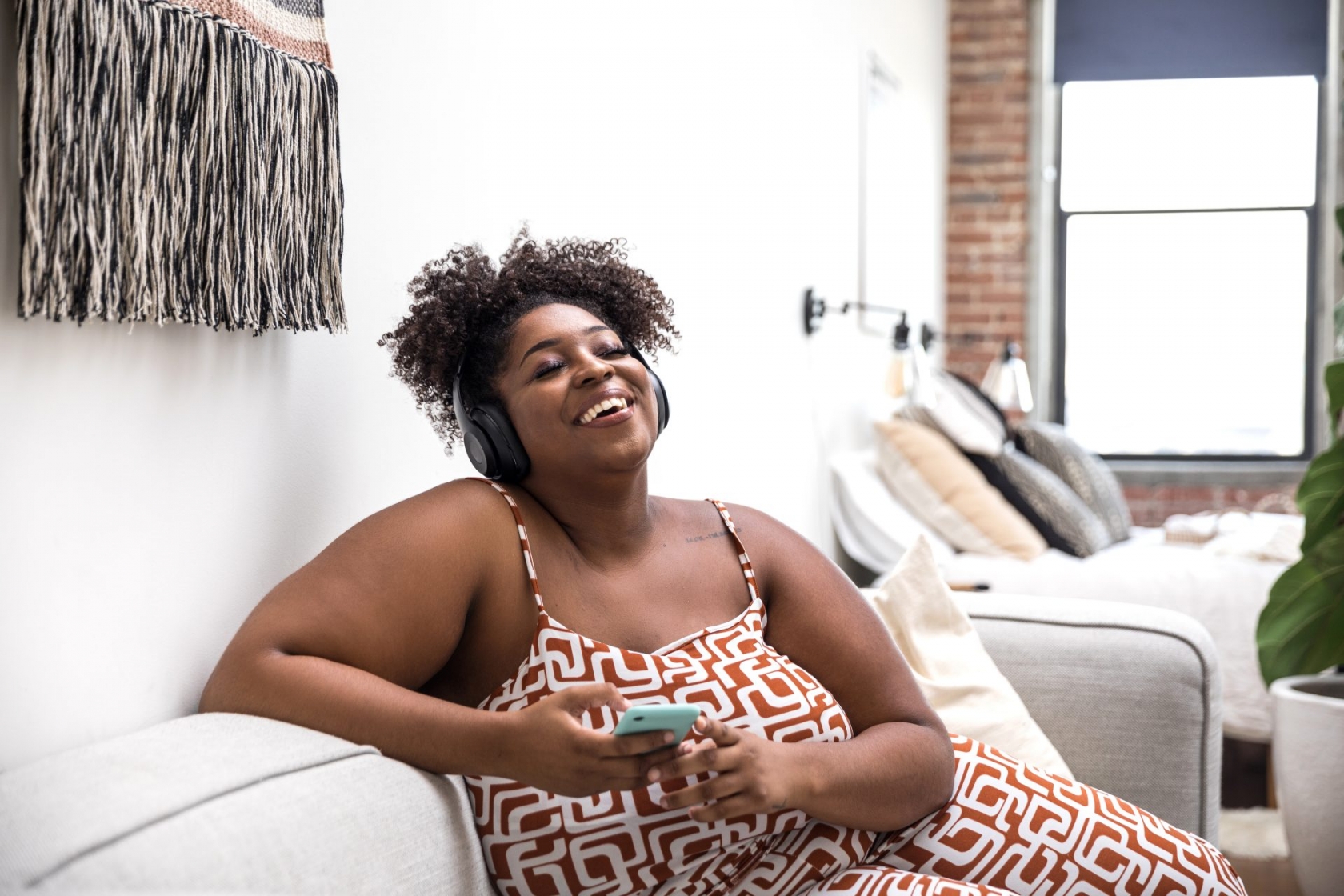Whether you’re homeschooling, working from home in a house share or living in a small flat with your partner, you’ll know how it feels to crave alone time during lockdown. And now, researchers have coined a term for this feeling – ‘aloneliness’.
During the coronavirus pandemic, there’s been a lot of discussion about loneliness. At a time when seeing friends and family outside of our households hasn’t always been possible, it’s understandable that the potential effects of loneliness on our mental and physical health – such as stress, low mood and anxiety – have been explored in such depth.
However, just as more people have found themselves feeling lonely, there’s also been an increase in people struggling to find time to be on their own. If you’re currently homeschooling, working from home in a houseshare or living in a cramped flat with your partner, you’ll know carving out ‘me time’ hasn’t always easy during lockdown, and that spending too much time surrounded by people can be overwhelming.
And now, researchers have coined a term to describe this experience – aloneliness.
If you’re someone who particularly enjoys spending time on your own, you’ll relate to this feeling. The term, defined following a series of studies by psychologist Dr. Rob Coplan, highlights the difference between loneliness, which usually results from imposed isolation, and alone time, which is something you choose, and describes the feeling of irritability or overwhelm which comes from not being able to access a moment of solitude.
Despite the stigma which has traditionally been associated with spending time on your own, it can offer a whole host of benefits if you learn how to do it right – not only does spending time alone give you the opportunity to improve the relationship you have with yourself, it also makes the moments when we do connect with others more intentional and meaningful.

To find out more about the benefits of spending time alone – and the impact of aloneliness on those who don’t experience alone time – Coplan and his team asked participants to fill in a questionnaire aptly called the ‘Solitutude and Aloneliness Scale’, which measured how ‘alonely’ they were.
Their findings mirror the experience of people dealing with loneliness. When people who enjoy alone time don’t get enough of it, their wellbeing is affected – high aloneliness scores were associated with feelings of stress, overwhelm and irritability.
The solution to aloneliness was similar to that of loneliness, too. To relieve aloneliness, you need to give your mind what it is craving – alone time.
Although this may be difficult if you’re stuck at home with family, friends or your partner during lockdown, scheduling ‘alone’ time into your evening or morning routine could help you to avoid feeling alonely without disrupting your day-to-day life.
As psychologist Virginia Thomas highlights in Psychology Today: “Even brief snatches of solitude, if spent engaging in truly pleasurable and meaningful activities, may be enough to alleviate feelings of aloneliness.”
Even though it’s easy to feel guilty for needing alone time, especially when so many people are struggling with feelings of loneliness, it’s clear that carving out moments of solitude in our day is just as important as making time for connection.
And as Thomas rightly highlights, alone time doesn’t have to be some ‘big thing’ to be worthwhile. Going for a walk around the block with a podcast, reading a book before bed or engaging in a solo activity such as mindfulness meditation or crafting are all ways to enjoy alone time that won’t take up too much time and energy.
So next time you start craving some alone time, try to think about it in term of aloneliness. If you were feeling lonely, you’d try to make some time to connect with friends or family. Making time for solitude could be just as valuable.
Images: Getty
Source: Read Full Article
